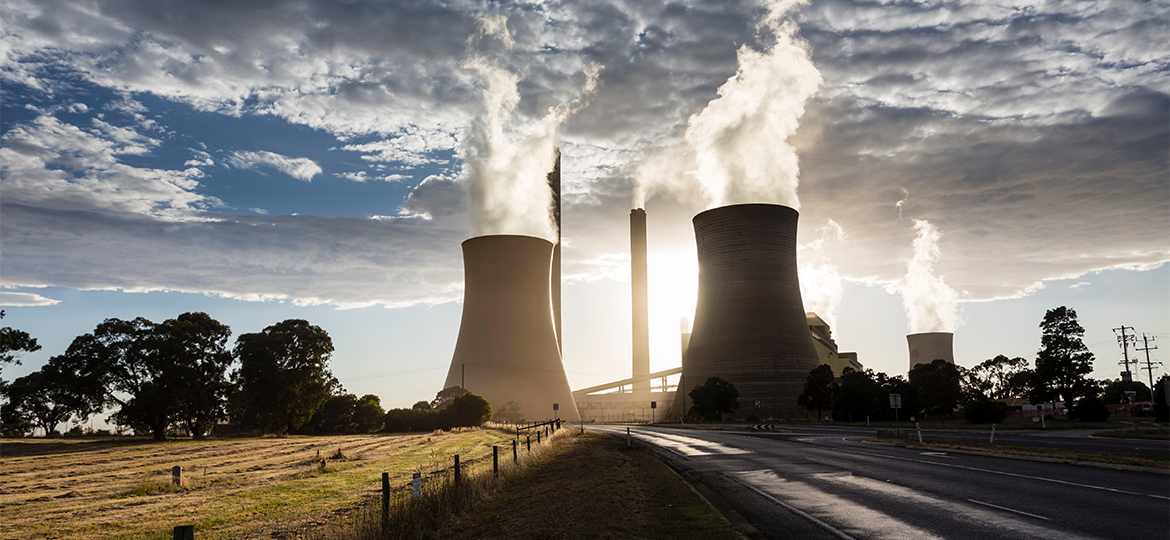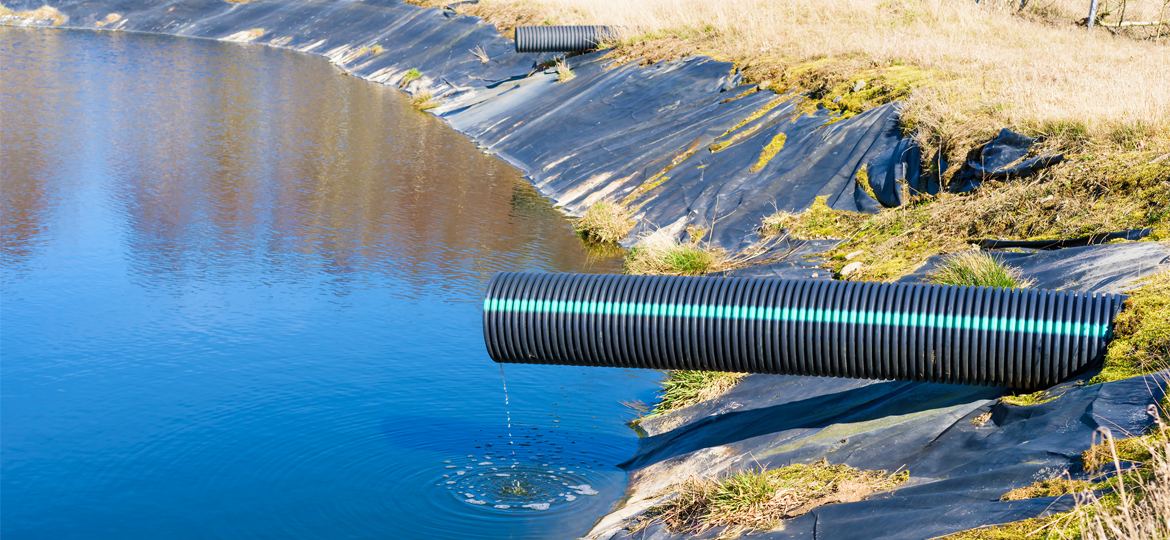November brought us the Twitter apocalypse, the World Cup, and ever-rising inflation. But at its core, this month symbolised one of the most effective displays of universalism witnessed within the climate action space: COP27.
Held in the green city of Sharm El Sheikh in Egypt, this year’s environmental initiative was christened ‘The African COP’ by media outlets for its great strides toward developing a more globally-inclusive platform, foregrounding voices from the Global South (countries often suffering the most devastating consequences of our climate crisis). In honour of COP27, this month’s Top Picks offer a series of articles from researchers in the developing world focusing on environmentally-conscious research, each selected to reflect the daily themes programmed by COP27.

1. Finance Day: Are foreign investments making things worse?
The resource depletion inherent to colonial legacies has often left governments of the Global South struggling to make ends meet, compelling them to look to external investors to support their fledging economies. Foreign direct investments (FDIs) have long been used by the Global North (and their private sectors) to support economic growth in other countries, with a great emphasis on infrastructural development and innovation. While this privatised form of financial aid is often offered with good intentions, the actual benefits of these projects have recently fallen under scrutiny for placing too much emphasis on economic development without considering the environmental impacts of their developments.
Read more to uncover why researchers are calling on governments to become warier of foreign direct investments here.

2. Youth and Future Generations Day: Would you welcome environmental education into your child’s classroom?
With the likes of Greta Thunberg taking the world by storm, youth and activism are becoming increasingly synonymous, particularly on digital platforms, as Gen-Zers often lead the conversation around climate action online. Many of these social media activists have gained their critical perspectives through informal sources of knowledge, such as forums, live streams, and influencer social pages. But what if a more formal environmental education could support their curiosity too?
Find out how some schools have already begun to implement environmentally-conscious curriculums, and the real-world impact it can have on your ecosystem here.

3. De-Carbonisation Day: Is green capitalism the solution to reducing carbon footprints?
As energy crises loom across the globe, the need to shift to renewable energy resources is becoming increasingly important. While still seen by some as a daunting task requiring a major restructuring of the energy sector as we know it, initiatives such as COP27 remind us that we are not alone. Institutions, commercial groups, and multilateral partnerships are collaborating to find new ways to develop renewable resources, together with the technological and physical infrastructures and supportive policy frameworks needed to ensure success. One partnership, between Japan and Indonesia, has proved particularly successful despite political and cultural challenges.
Learn more about their successes and the politics of green capitalism here.

4. Gender Day: Does climate change have a greater impact on women?
Studies intersecting gender and climate change have confirmed that women are disproportionately affected by environmental catastrophes owing to the complex social and economic dynamics that exist in their lives. This can often lead to women becoming environmental migrants in order to support their families back home. While these circumstances can be challenging, some studies tracking environmental migrants also highlight the benefits of the complex labour chains that emerge from these scenarios, as these same women are able to send money back to their families, rebuild homes destroyed by climate disasters, and give their children a chance at a better future.
Learn more about how the complex relationship between environmental displacement, economic support, and gender plays out in the daily lives of Indonesian migrant workers here.

5. Water Day: Is fast fashion destroying our waters?
Bright colours, new patterns, and automated machinery are all key elements of the fast fashion world as we know it today. With new trends appearing faster than ever before, over-consumerism is leading to fuller closets and dirtier rivers. Textile factories continue to pollute and destroy the aquatic ecosystems we depend on through dye run-offs, the disposal of unused clothing and fabrics directly into our oceans, and over half a million tons of plastic microfibres being discharged into wastewater each year through the washing of synthetic clothes.
Uncover the disturbing truths about how consumerism damages our planet, and discover what we can do about it here.
More from the KnE Blog




